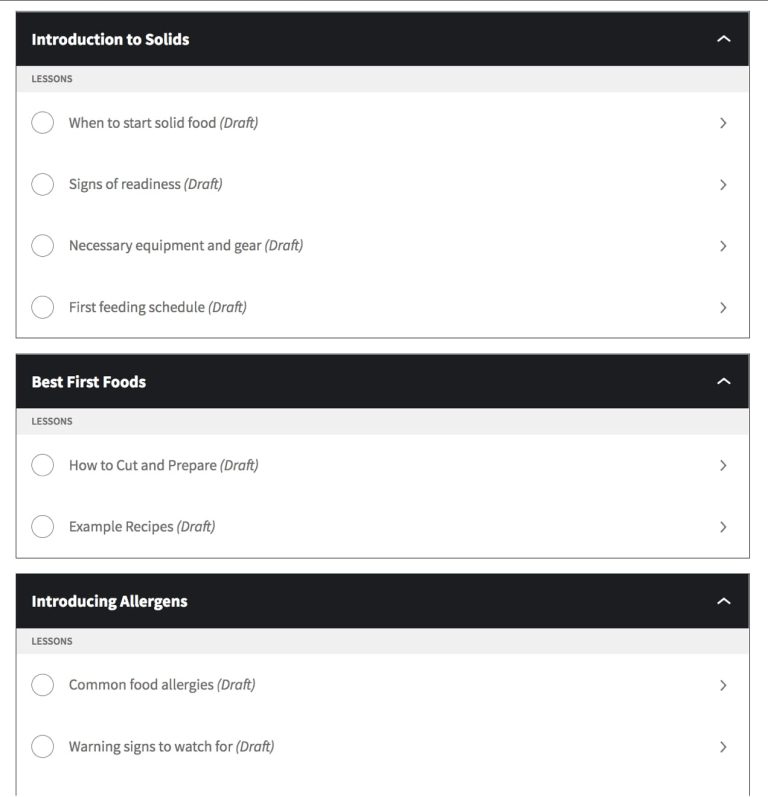
‘Tis the season for campaign optimization! As holidays are quickly approaching, now is the time for ecommerce business owners to get all of their ducks in a row regarding their paid campaigns. Luckily, we’re here with the most important steps online sellers need to take to prep their paid ads for the holiday season—read on for more insights.
Getting Started
First things first, review your historical data. Have you run holiday campaigns in the past? What did or did not work? What are your competitors doing? These are a few questions you should be asking yourself along the way. Understanding past data will allow you to perform better for the upcoming holiday season.
It is a best practice to create a separate campaign or ad group for the holiday season to target seasonal products, keywords, and audiences. This way, you will be able to allocate your budget accordingly.
Bidding and Budget
Traffic to your site will increase, which means that competition will as well. Keep yourself in the game with a competitive budget and bidding strategies that will help you rank higher on search engines. Chances are that you’re going to need to increase your budget. If you are running multiple campaigns, move funds around to campaigns that are outperforming others. This will allow you to have higher success throughout your PPC portfolio.
Gain control of your budget by changing your bidding strategy to manual cost-per-click (CPC). As competition grows, CPC will likely increase. Manual CPC will allow you to set the maximum amount of money you’d want to spend for a click on a keyword. If your search impression share drops throughout the season, make bid optimizations to raise them again.
Audience
While you probably already know your target audience, it may change during this time of year. It is likely that the person you are targeting is a gift giver. For example, grandparents could be buying toys for their grandchildren, young adults may be buying appliances for their parents, etc.
Google has a large variety of audiences, including seasonal. Some popular audience segments include seasonal shopping, gifts & occasions, and more. Audiences can be targeted at a campaign or an ad group level.
When looking at past historical data during this time of year, were there audiences that outperformed others at other times of the year? Narrowing down your audience can save you money and get your ads in front of the right people.
Keywords
Research is always key, so make sure you look for opportunities in holiday-specific keywords. Using sites such as Google Trends and Google Keyword Planner will allow you to see what keywords are trending and what the competition looks like.
The goal is to target keywords that the consumer will type into the search engine. What products are you selling that are purchased more during the holidays? What long-tail keywords are you able to target for your products? For best results, keep keywords in their relative ad groups.
Examples of seasonal keywords include:
- Stocking Stuffers Under $15
- Gifts For Mom
- Pet Store Holiday Sale
- Christmas Candles
- What To Get Dad For Christmas
- Seasonal Kitchen Decor
Ad Copy and Remarketing
As usual, you want to grab the attention of the user:
- Write ads that are relevant and create urgency for the consumer.
- Add top-performing keywords to your ad copy and create landing pages that are tailored for the season.
- Create urgency by including information on limited edition items or low-stock items with catchy headlines like “Get It Before It’s Gone!” as well as incorporating countdowns.
- Highlight special shipping rates or promotions in your ad copy.
Google also allows you to incorporate countdowns in your ads. In the place you want your countdown to appear, type “{“ and select “countdown” from the drop-down menu.
You will also want to create reassurance with new customers. This may look like adding copy that states “Buy today and have it by Christmas!”
Remarketing keeps you top-of-mind for a customer. It is important to be visible to customers along their whole purchase journey. Create ads with seasonal images and engaging text with a clear call-to-action button.
Extensions
Utilizing extensions is a fantastic way to take up space on search engines. When the competition is high, you want to stand out from the crowd. Incorporate as many extensions as you can. If you have a brick-and-mortar store, make sure to include a call and location extension.
Promotions and sales can be scheduled in advance. Create sitelinks for pages you would like to drive traffic to and include image extensions of seasonal products that you’d like to promote.
You can also use callout extensions to highlight the benefits of shopping at your store. If you have popular brands, styles, or types of products, use the structured snippet to have those items listed in your ad.
Final Thoughts
As always, keep an eye on your campaigns. PPC is not a “set it and forget it” type of deal, so make changes if something is not working. Don’t miss out on sales—optimize your campaigns to sleigh this holiday season.



